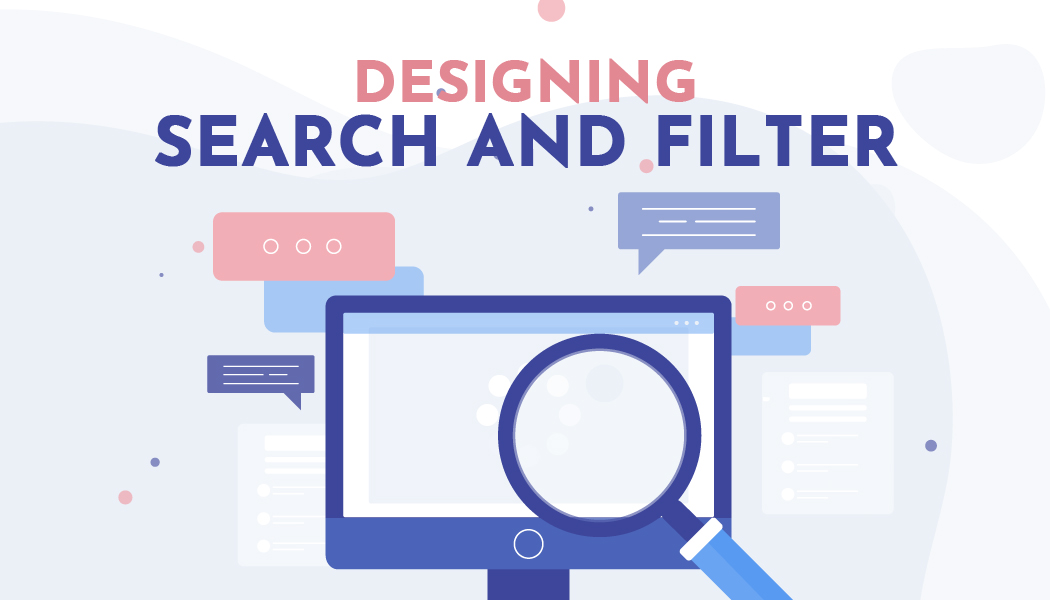Here Are 10 Tips To Stop Your Phone Company From Tracking You
Privacy is every person's right and no one should take that for granted. However, in this day and age, the degree of privacy is really quite taken as subjective. Clever marketing tactics are deployed for you to see and they're selectively chosen based on data. We all know by now how Google and Facebook collect your data to be sold to advertisers. Data is a very valuable resource in the age we live in and chances are, your phone company is tracking what you do as well. But, there are measures you can take to stop it.
1. Turn off location services
First and foremost, you should go into settings and turn off location services for your app. Phone companies don't directly require location services for them to track you but it still helps. Apps can't access your personal information and thus cannot pass it on to advertisers.
2. Make sure every website you visit uses HTTPS protocol
Using HTTPS instead of HTTP encrypts your data before it goes further ahead. This helps in providing a certain layer of protection to what your phone company can see. Not all websites support HTTPS protocol therefore you can download extensions or browser that force the SSL/TLS encryption.
3. Use off-shore VPNs when browsing
There are many VPNs available online- both free and subscription based. When choosing the right one for yourself, you should make sure that it does not log any kind of information. NordVPN is a very popular VPN service available that does not log anything. Off-shore VPNs are your best bet for anonymity from your phone company. Design Nominees has a VPN for you to look over- check that out here.
4. Install Tor browser
The Tor browser provides a very secure and anonymous way of browsing the internet without leaving any traces behind. When using Tor, you're provided with a different IP address and with Tor's huge network of virtual tunnels, each website you visit encrypts your data so it cannot be tracked.
5. Change your DNS settings
DNS is a protocol that translates the name of a website into its corresponding IP address. Your device- be it your PC, tablet or mobile phone- uses your phone company or ISP’s DNS for translation. You can find third party apps on the internet that can take care of this for you and make sure that your device goes through their servers. Xfinity Mobile is a great option for single subscribers and you can check out Xfinity mobile review as well for further information.
6. Check your internet package
There have been cases of some internet providers that hide trackers that allow them to track what you do. Depending on which company you're associated with, you can either opt out of these tracker's marketing campaigns etc yourself or talk to customer services. If you go for the latter, make sure you really press them until you find the satisfactory answer you're looking for.
7. Use private search engines
It really should come as no surprise to you now that Google is and has been tracking your data for years now. After being put under the microscope, it was revealed just how much of your data is out there being sold to advertisers. Search engines often profile their users and then show results and suggestions based on said profiles. DuckDuckGo, a private search engine, does nothing of the sort.
8. Avoid unnecessary trackers with third party apps
We've already talked about this but phone companies and ISPs insert trackers into your traffic data. Using these trackers, apps or sometimes websites can create profiles of their incoming users. It was discovered that Verizon was engaged in similar activities so that should show you how common it is. Luckily, there are plugins available that can block these trackers and stop targeted ads. Make sure you have your browser equipped with those.
9. Be vary of your social media presence
Facebook's Cambridge Analytica scandal should put into perspective how serious social media data harvesting is. You probably have seen it yourself, browsing for something and then seeing ads of similar products on your Facebook feed. Limit the information you put out on social media and take a look at your app permissions.
10. Make use of proxy servers that use encryption
Think of proxy servers as the intermediary between you and your connection to the internet. When connecting you to a website, proxy servers mask your IP address with the server's IP address. In this way, you're hidden from your phone company and they cannot know what you're looking at. Furthermore, some proxy servers use high levels of encryption which can hide your downloading data as well.
Above are some measures you can undergo that will provide certain levels of anonymity and safeguard your right to privacy. You data is valuable and not up for bidding. Making use of these tips will ensure that.



